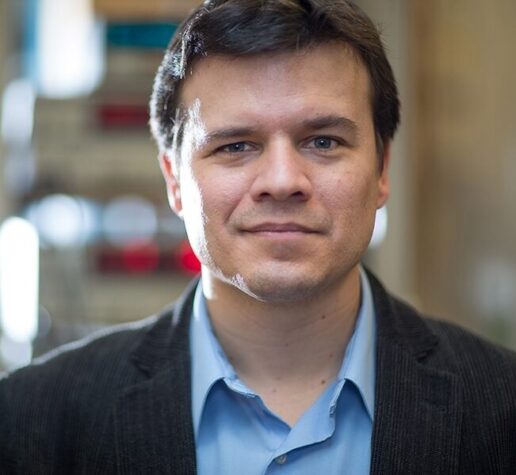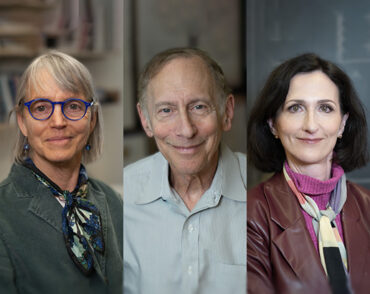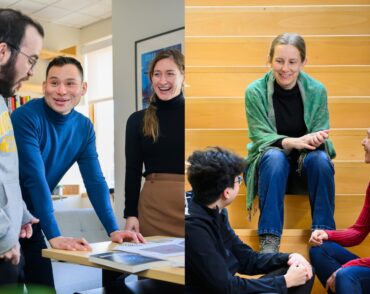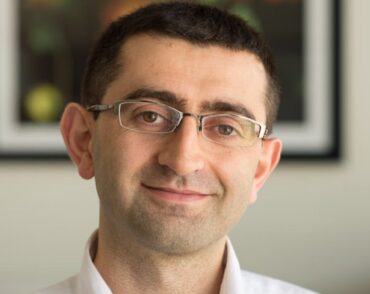
Pablo Jarillo-Herrero named American Physical Society Fellow for 2018
Among four from MIT to receive prestigious honor recognizing them for their research and leadership.
Four members of the MIT community have been elected as fellows of the American Physical Society for 2018. The distinct honor is bestowed on less than 0.5 percent of the society’s membership each year.
APS Fellowship recognizes members that have completed exceptional physics research, identified innovative applications of physics to science and technology, or furthered physics education. Nominated by their peers, the four were selected based on their outstanding contributions to the field.
Lisa Barsotti is a principal research scientist at the MIT Kavli Institute for Astrophysics and Space Research and a member of the Laser Interferometer Gravitational-Wave Observatory (LIGO) team. Barsotti was nominated by the Division of Gravitational Physics for her “extraordinary leadership in commissioning the advanced LIGO detectors, improving their sensitivity through implementation of squeezed light, and enhancing the operation of the gravitational wave detector network through joint run planning between LIGO and Virgo.”
Martin Bazant is the E. G. Roos (1944) Professor of Chemical Engineering and a professor of mathematics. Nominated by the Division of Fluid Dynamics, Bazant was cited for “seminal contributions to electrokinetics and electrochemical physics, and their links to fluid dynamics, notably theories of diffuse-charge dynamics, induced-charge electro-osmosis, and electrochemical phase separation.”
Pablo Jarillo-Herrero is the Cecil and Ida Green Professor of Physics. Jarillo-Herrero was nominated by the Division of Condensed Matter Physics and selected based on his “seminal contributions to quantum electronic transport and optoelectronics in van der Waals materials and heterostructures.”
Richard Lanza is a senior research scientist in the Department of Nuclear Science and Engineering. Nominated by the Forum on Physics and Society, Lanza was cited for his “innovative application of physics and the development of new technologies to allow detection of explosives and weapon-usable nuclear materials, which has greatly benefited national and international security.”


